Abstracts
David Joseph Wrisley
djwrisley.com @DJWrisley
American University of Paris
16-17 March 2017
Lecture: “Digital Project-Based Scholarship and Pedagogy in the Liberal Arts Institution”
Thursday, March 16, 2017, 1530-1700, Combes 102 Watch the lecture here.
My talk focuses on the genre of the digital project and its potential for scholarly and pedagogical reflection in the liberal arts institution. From a general discussion of some exemplary projects carried out in small colleges by teams of faculty, students, librarians and technologists, in what might be called the humanities “laboratory” (Lane), I will chart how digital methods can evolve from course-embedded experiments to larger research projects. I hope to show that such projects, in both process and product, embody the values of a liberal arts education in the 21st century: a well-rounded education, social and ethical awareness and creative, multidisciplinary synthesis. I will discuss in detail two course-embedded digital projects that I carried out with my students in Beirut: Linguistic Landscapes of Beirut and Mapping Beirut Print Culture. As we will see, projects, like the scholars and institutions that embark upon them, grow in stages of increasing digital scholarly complexity (ILiADS). Finally, I will point to some attempts to build “communities of practice” among liberal arts colleges, and the establishment of lab-like commons and other institutional structures that serve as the loci for such project-based local knowledge production.
Hands-on session: “Toolkit or Toychest?: the Digital in the Classroom”
Friday, March 17, 2017, 11h00 – 14h00, Combes 104
This hands on session will put into practice some of the ideas laid forth in Thursday’s lecture. It will look at some simple, off-the-shelf tools for digital tasks, and move on to more complex (or even combined) tasks that are useful for collecting, analyzing and disseminating research data. The session aims to make participants aware of some of the emergent categories of tools for research & pedagogy, as well as to discuss the degrees of openness that they embody. The session argues for the productive tension between the functional (the tool) and the ludic (the toy), suggesting that the digital does not simplify or merely quantify, but rather opens the door to critical play and reflection with tools. Participants will try out basic functionality of some of the following environments and will discuss together how they might be integrated into critical classroom praxis: Voyant, TypeWright, FromThePage, Prism, Hypothes.is, Google Fusion Tables, TopoText, Odyssey.js, Palladio, NodeGoat, Sketchup, JSTOR analyze, Zotero, WordPress.org.
Helpful, but not necessary, preparations for the workshop: Make accounts at TypeWright, Hypothes.is, Google (if you have a gmail it is enough), Carto. Download Sketchup and either Zotero standalone (and its Chrome plugin).
Additional Reading:
Bilansky “TypeWright: An Experiment in Participatory Curation”
Doueihi, Pour un humanisme numérique
Dumouchel, “Les Humanités Numériques: une nouvelle discipline universitaire?”
dwhly, “Annotation is Now a Web Standard”
El Khatib et al., “TopoText: Interactive Digital Mapping of Literary Text”
Ferrari Nieto, Enrique. Resistencias con lo Digital
Gefen et al., “Qu’est-ce que les humanités numériques?”
Jannidis et al., Digital Humanities: Eine Einführung
Lane, The Big Humanities
Liu, DH ToyChest
Mounier, ed. Read/Write Book 2: Une introduction aux humanités numériques
Nowviskie, “How to Play with Maps”
Numerico et al, L’umanista digitale (Eng tr. The Digital Humanist: A Critical Inquiry)
Burdick et al, Digital_Humanities
Puckett, Zotero: A Guide for Librarians, Researchers, and Educators
Rockwell and Sinclair, Hermeneutica: Computer-Assisted Interpretation in the Humanities
Sketchfab, “Around the World in 80 Models”
Svensson, Big Digital Humanities
Unsworth, “Scholarly Primitives”






